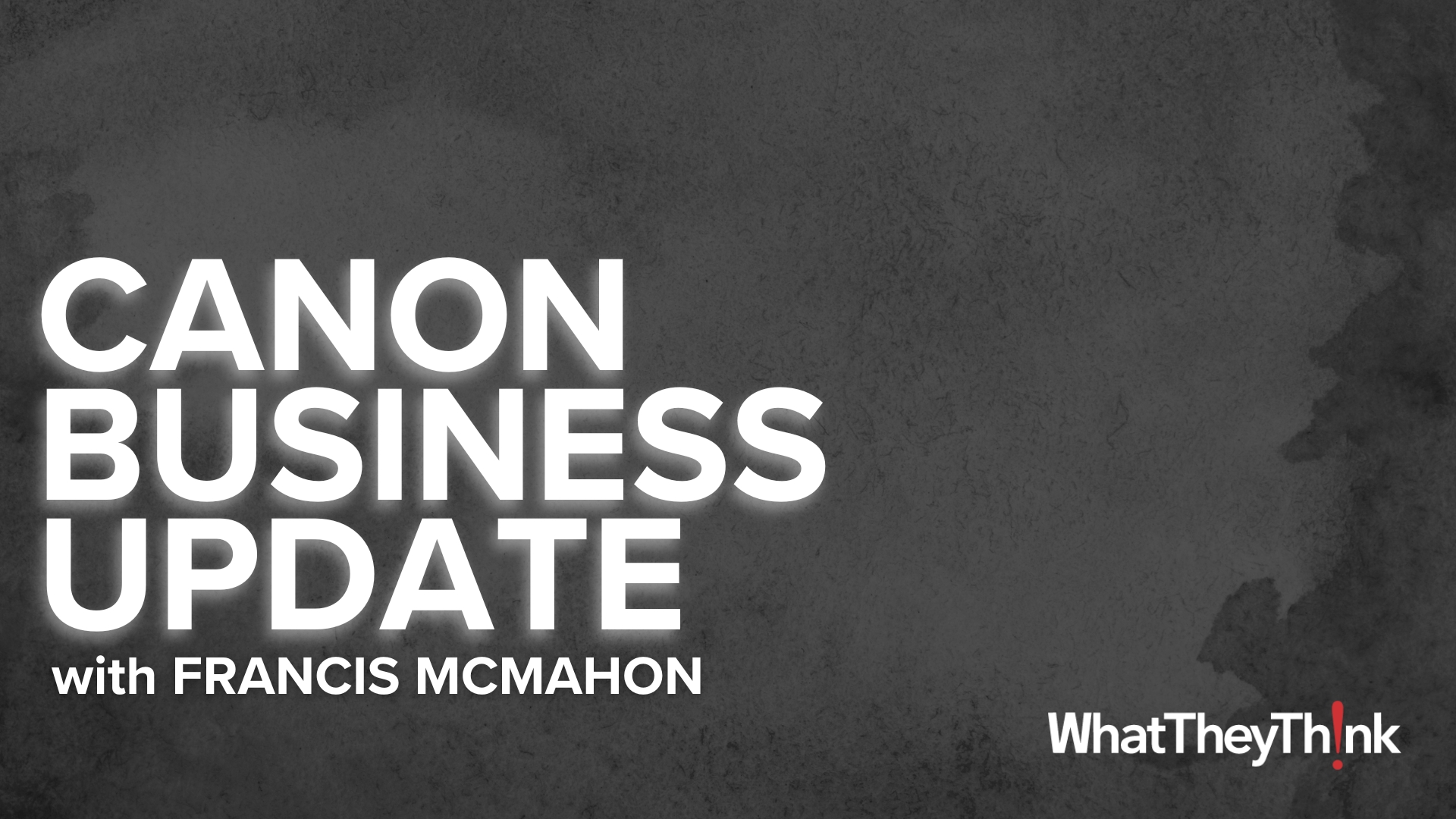It’s rare that a survey is the bearer of truly good news, but the recent consumer attitudes survey out of McKinsey is one of them. Here are seven nuggets of good news from the survey that should make the grass a little greener and the sky a little bluer this morning.
1. Credit card spending is no longer declining.
During the first six months of the pandemic, credit card spending declined. It has since recovered and is holding steady.
2. Discretionary spending is on the rise.
Discretionary spending in “pandemic essentials” categories (such as home furnishings) is on the rise. Spending in other categories that had been depressed by the pandemic, such as spending at apparel/department and cosmetics stores, is starting to recover, as well. While sales are not increasing in these categories, the losses are slowing.
3. Consumers are ready to treat themselves.
McKinsey finds that more than half of U.S. consumers (51%) expect to spend extra to treat themselves starting now and continuing post-COVID-19. Nearly one-third (30%) plan to spend more on in-person restaurant dining, out-of-home entertainment, and travel. Higher-income millennials are expected to spend the most.
According to the report:
Around half of consumers who plan to splurge are pandemic-fatigued and intend to spend soon, particularly on discretionary categories such as apparel, beauty, and electronics. The other half is waiting for the pandemic to fully resolve and plan to splurge mainly in experiential categories such as restaurants and travel.
4. Vaccinated consumers are increasing “out of home” spending.
Vaccinated consumers are planning to largely return to pre-pandemic life. One-third (33%) of those vaccinated are engaging out of home activities versus 22% of those who intend to get vaccinated but have not yet done so. Vaccinated consumers also have a higher “net intent to spend,” including for restaurant dining, in-person services, and out-of-home entertainment.
5. Business drivers during COVID-19 are likely to continue.
Some of the changes made during the COVID-19 pandemic are good business, pandemic or not, and are likely to stay. Examples include restaurant curbside pickup (with about 30% credit card/debit card penetration, according to McKinsey, and about half of consumers intending to continue post-COVID-19) and use of digital health-and-wellness tools (with over 10% credit card penetration, with 70% to 80% of consumers intending to continue post-COVID-19).
6. Homebody categories will fare well.
During the pandemic, consumers found refuge in their homes and increased spending on making those homes their sanctuaries. Once those changes are made, they are likely to stay and will spur new categories of spending. Examples include structural changes to consumers’ homes (28% renovated their homes or set up a gym or a workspace) and changes to their living situations (19%). In addition, 30% plan to splurge on items for their home once the pandemic is over.
7. Now is a great time to nab someone else’s customers.
Brand loyalty has been fundamentally shaken due to the pandemic. Supply chains were disrupted, causing buyers to consider brands they had not used before, and changes in priorities, cost-sensitivity, and other shopping preferences have caused consumers to rethink many of their choices.
Notes McKinsey: “Of the three quarters of Americans who [have] changed their shopping behavior since COVID-19 began, around 40% say they have changed brands, with the level of brand switching doubling in 2020 compared to 2019. These switching behaviors are more prevalent among Gen Z and millennial consumers than with boomers (44% of Gen Z and millennials have tried a new brand, versus 35% of boomers).”
All of this adds up to fundamentally good news for consumer shopping. It also points to the need for ramped up marketing, whether it’s to sell to eager customers, retain customers that competitors want to steal, or go after competitors’ customers that your clients want to steal. It’s good for print and multichannel marketing at every level.
It’s not often we wake up to fundamentally good news, so let’s enjoy it while we can.













